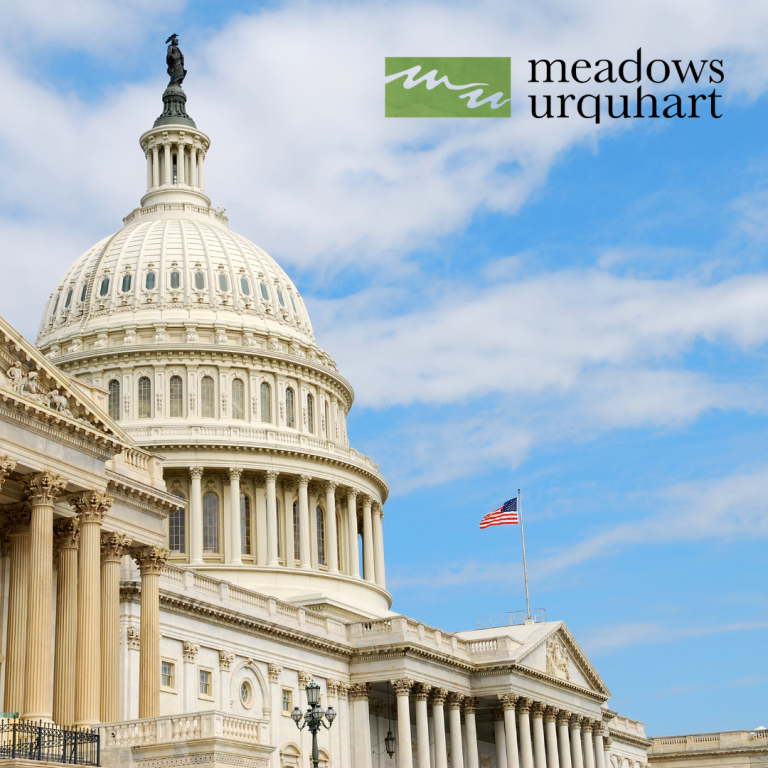Tax Changes for Businesses
Signed into law on July 4th, 2025, H.R.1, also known as the One Big Beautiful Bill Act (OBBBA) extends several major provisions from the 2017 Tax Cuts and Jobs Act and introduces a host of new tax measures. The following are some impactful changes for businesses.
Deduction for Domestic Research and Experimental Expenditures – Section 174:
The TCJA required taxpayers to capitalize and amortize the cost of domestic research and development (R&D) expenses over several years. Now, starting in 2025, businesses can immediately expense domestic R&D costs in the year they’re incurred. The bill also includes provisions for retroactive relief for R&D expenses incurred in tax years 2022 – 2024.
Bonus Depreciation:
Bonus depreciation is permanently restored to 100%, allowing businesses to immediately deduct the full cost of qualifying assets purchased after January 19, 2025. Previously, this benefit was set to phase out entirely by 2026. The new law also created an elective 100% bonus depreciation deduction for qualified production property through 2030. This includes certain non-residential buildings used in manufacturing, production, or refining activities.
Section 179 Expensing:
Starting in 2025, businesses can deduct up to $2.5 million in qualifying equipment and property purchases under Section 179, reduced by the amount of qualifying property in excess of $4 million. For 2025, these limitations have increased from $1.25 million and $3.13 million, respectively and will be adjusted for inflation in future years.
Reinstated EBITDA-Based Limit on Business Interest Deductions:
The bill permanently brings back the EBITDA-based limitation on business interest deductions. The limitation will now be calculated based on 30% of earnings before interest, taxes, depreciation, and amortization (EBITDA), providing a more favorable cap for businesses to deduct interest expense.
Opportunity Zone Program (QOZ) Permanently Expanded and Refocused:
The QOZ program is now permanent, eliminating its previous 2026 sunset date, and a new system for redesignating eligible zones every ten years has been established. For investments made after 2026, the bill introduces a rolling five-year gain deferral period and a 10% basis step-up after five years, replacing the previous fixed deferral date and stepped up basis increases.
Preservation of the Pass-Through Entity Tax (PTET):
The OBBBA preserves the ability for pass-through entities to elect to make state tax payments on behalf of eligible owners. For federal tax purposes, this allows the entity to deduct the payment, effectively bypassing the SALT deduction cap noted earlier.
Be on the lookout for more OBBBA articles coming soon.


